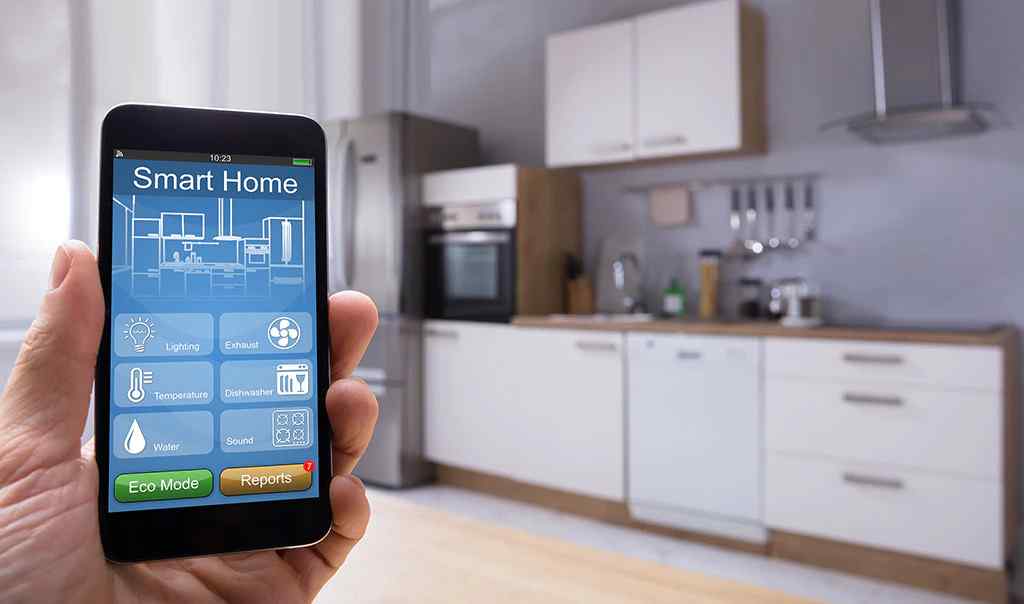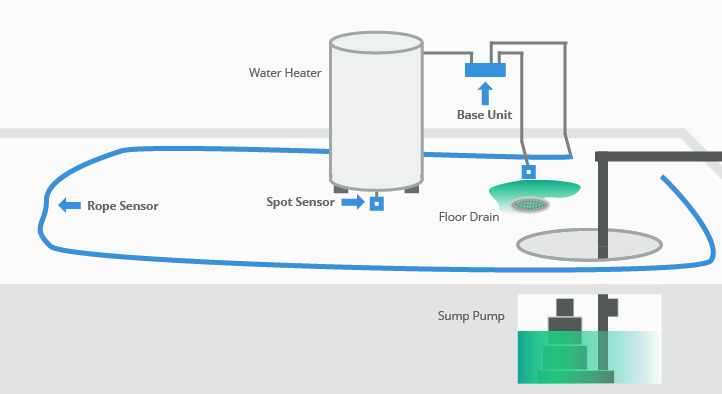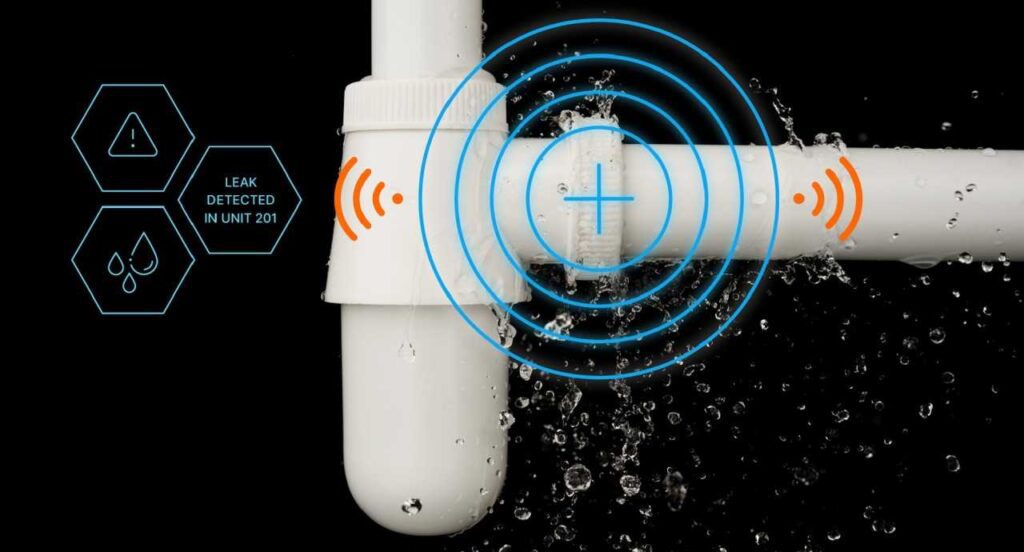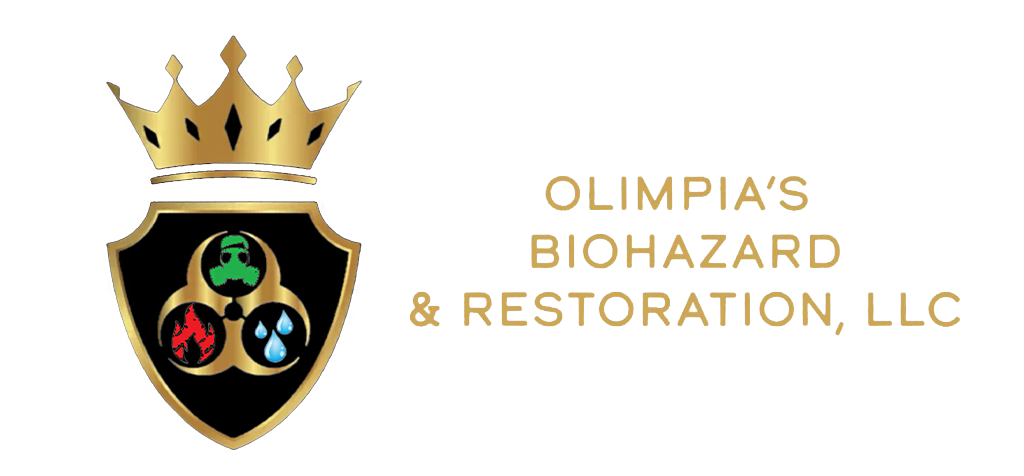In the ever-evolving landscape of water damage detection, staying ahead of the curve is key to effective prevention and mitigation. This exploration delves into the cutting-edge technologies making waves in Portland’s water damage detection and prevention scene. Join us with Olimpias Biohazard as we navigate the digital frontier of water damage detection, arming property owners, managers, and restoration experts with the knowledge needed to leverage these technologies for proactive protection and efficient restoration.


From advanced sensors and moisture-detecting algorithms to real-time monitoring systems, we uncover the innovations that are revolutionizing how we identify and address water-related issues in both residential and commercial properties. In a city known for its unpredictable weather patterns, being equipped with the latest tools and insights is a game-changer for safeguarding your property against water damage. Explore how these technologies are curing these damages with water restoration and service in Portland, empowering property owners, managers, and restoration experts to proactively protect their investments and efficiently respond to potential water damage challenges.
Cutting-Edge Sensors for Early Detection:
Whether safeguarding a family home or a bustling commercial space in Portland, these sensors are a proactive and invaluable component of any comprehensive water damage prevention strategy. Modern sensors are revolutionizing water damage prevention in both residential and commercial properties. These advanced devices boast remarkable sensitivity, capable of detecting even the slightest leaks and moisture level changes. Strategically placed in critical areas like basements, kitchens, or bathrooms, these sensors act as an early warning system that promptly notifies property owners or managers of potential water-related issues.


The Role of Moisture-Detecting Algorithms:
Behind the scenes of the process of water damage restoration, advanced algorithms come into play, working in tandem with moisture sensors to distinguish between typical environmental fluctuations and anomalies signaling potential water issues. These algorithms continuously evolve, contributing to the refinement of moisture detection systems’ accuracy and dependability, ensuring a more effective and precise restoration process in Portland.
Real-Time Monitoring Systems: A Digital Guardian:
In the realm of water damage prevention, real-time monitoring systems elevate property protection to new heights. These advanced systems offer uninterrupted surveillance of a property’s water-related conditions, delivering instant alerts and enabling swift responses to any identified issues. Whether it’s addressing common causes of water damage or proactively implementing preventive measures, real-time monitoring systems in Portland ensure a proactive and comprehensive approach to safeguarding properties from potential water-related threats.


Predictive Analytics in Water Damage Prevention:
In a city like Portland, where rainfall and climate patterns can vary greatly, predictive analytics become a strategic ally for property owners and managers. By tapping into historical data and applying sophisticated algorithms, these systems offer invaluable insights into water damage risks. They can anticipate vulnerabilities in older properties, pinpoint areas prone to leaks, and even predict potential issues based on past maintenance records. This proactive approach empowers stakeholders to take targeted preventative actions, ensuring that water damage remains a manageable concern rather than an unexpected and costly surprise.
Smart Home Integration for Leak Detection:
In Portland’s environmentally-conscious community, the integration of water leak detection within smart home ecosystems aligns with the city’s commitment to sustainability. These systems not only protect properties from water damage but also contribute to water conservation efforts. When a leak is detected, the automatic shut-off feature ensures that precious resources are preserved, aligning with Portland’s ethos of responsible water usage. This synergy between technology, property protection, and environmental stewardship reflects the city’s forward-thinking approach.
Drones and Aerial Imaging for Property Assessment:
In Portland’s diverse landscape, where properties can vary from historic homes to modern developments, drones offer a versatile solution for comprehensive property assessment. Their ability to capture high-resolution images and thermal data ensures that potential sources of water damage are not overlooked, from compromised roof shingles to drainage problems. Drones not only expedite the inspection process but also enhance its accuracy and coverage.
IoT Devices and Water Damage Mitigation:
IoT’s seamless integration within a property’s infrastructure fosters a responsive ecosystem where devices communicate and collaborate to avert water-related disasters. For instance, when a leak sensor detects moisture, it can trigger a series of actions—closing water valves, activating pumps, and sending instant notifications to property managers or homeowners. This level of automation not only minimizes response time but also mitigates potential damage by swiftly containing water-related issues.
Advanced Data Analytics for Risk Assessment:
By harnessing advanced data analytics, property owners and managers gain a holistic understanding of the intricate web of factors influencing water damage risks. These analyses extend beyond the immediate property conditions, incorporating variables like local climate patterns, historical weather data, property construction materials, and proximity to bodies of water. With such sophisticated risk assessment tools at their disposal, stakeholders in Portland’s real estate and property management sectors are better equipped than ever to proactively protect their investments against the ever-present threat of water damage.
Remote Monitoring: Proactive Protection:
In an age where property ownership extends beyond one’s primary residence, remote monitoring systems serve as vigilant guardians of assets scattered across various locations. Whether it’s a second home nestled in a serene corner of Portland or a vacation property near its picturesque coastline, the ability to remotely monitor these investments offers peace of mind. Property owners can proactively respond to any emerging water damage threats, irrespective of their physical proximity. These systems not only safeguard property values but also preserve the tranquility and enjoyment of these spaces.
Machine Learning in Water Damage Detection:
These machine learning algorithms are not static; they adapt and refine their understanding with each data point, making them more adept at recognizing the nuanced signs of water damage. Whether it’s identifying the early stages of a hidden leak or flagging potential weak points in a property’s water infrastructure, these algorithms play a pivotal role in preventing extensive damage. As they continue to learn and evolve, their predictive capabilities become increasingly valuable for property owners and managers in Portland, offering a proactive defense against the often costly and disruptive consequences of water damage.
Future Trends in Portland’s Water Damage Technology:
The field of water damage technology is ever evolving. Future trends may include enhanced integration with smart city initiatives, more widespread adoption of autonomous water management systems, and even greater precision in predictive analytics. Staying informed about these emerging trends is essential for property owners and managers in Portland.
Conclusion:
In conclusion, the rapidly evolving landscape of water damage technology in Portland is ushering in a new era of proactive protection and efficient response. Advanced sensors, moisture-detecting algorithms, and real-time monitoring systems are at the forefront of prevention, offering property owners and managers the means to identify and address water-related issues at their inception. Predictive analytics, smart home integration, and the Internet of Things are further enhancing our ability to safeguard properties against water damage. Drones and IoT devices are revolutionizing property assessment and mitigation efforts. Advanced data analytics provide comprehensive risk assessments, while remote monitoring and machine learning continue to improve accuracy.
FAQs:
Does Portland have a water problem?
Portland doesn’t face a severe water shortage, but its weather patterns, with frequent rain and occasional flooding, require proactive management to prevent water-related issues, making water damage prevention crucial for property owners.
What kind of water is in Portland?
Portland typically has clean and safe drinking water sourced from the Bull Run Watershed, known for its pristine quality and minimal treatment requirements, providing residents with high-quality tap water.
What detection stops leakage of water using AI?
Artificial Intelligence (AI)-enabled leak detection systems use advanced algorithms to analyze water flow patterns and detect anomalies, allowing for swift identification and mitigation of leaks, which can prevent significant water damage.
What are the different types of leak detection technologies?
Leak detection technologies include acoustic sensors that detect sound changes caused by leaks, moisture sensors that identify water presence, and flow meters that monitor abnormal water flow patterns, providing a range of methods to pinpoint leaks and prevent water damage.
What are the applications of artificial intelligence in water treatment?
Artificial intelligence in water treatment assists in optimizing processes, predicting equipment failures, and enhancing water quality monitoring, improving overall efficiency and ensuring safe and clean water supply in systems like those in Portland.
